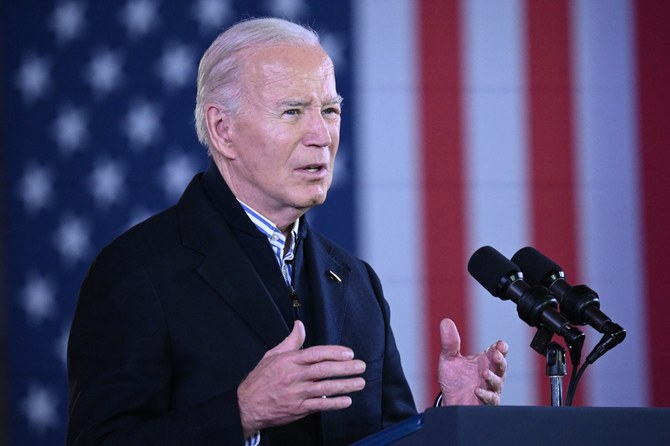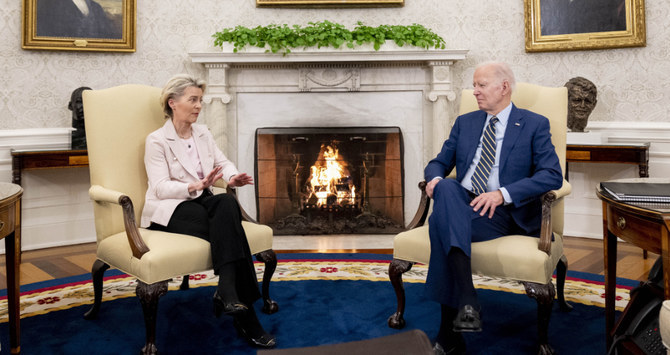
WASHINGTON (Reuters) - Atlanta Federal Reserve president Raphael Bostic said Tuesday he was hopeful issues of economic inclusion and equality “will be a centerpiece” of the incoming Biden administration and bolster the Fed’s increasing focus on those issues.
The nomination of former Fed chair Janet Yellen as President-elect Joe Biden’s Treasury Secretary, he said, means “a nice alignment and complementarity between the things that they try to do and a lot of the things we are working on.”
“I am hopeful they will align in ways that allow both of us to be more successful,” Bostic said in a question and answer session organized by Goldman Sachs.
Bostic did not go into details about how the “alignment” between the current Fed and its former chair might be leveraged to make progress on the racial equity and related issues Bostic and other Fed officials have spoken more openly about this year.
However it is an example of how Fed leaders, at a time of pandemic recession, racial tension, and political division, have spoken more freely about the relationship between the country’s economic performance and broader social issues.
The Minneapolis Federal Reserve today is holding the third in a series of conferences sponsored by all 12 of the regional banks on racism and the economy, and Fed chair Jerome Powell has emphasized often the disproportionate impact on racial and ethnic minorities of the massive job loss during the pandemic.
Bostic has framed the issue as one not only of moral fairness but also productivity -- that talent gets “left on the table” if race, gender or other considerations create barriers to opportunity.
That lens was also evident at the Fed’s conference Tuesday, where Bostic’s colleagues including Dallas Fed President Robert Kaplan and Minneapolis Fed chief Neel Kashkari discussed proposals to improve childcare, guarantee the right to a good education, and even establish predictable work schedules as ways to improve not just racial equity but also overall economic growth.
Fed officials in the past year have noticeably softened their prior reluctance to leave their domain of monetary policy and discuss issues more directly under the control of Congress, the White House, or state or local government.
Policymakers have called freely and forcefully this year for more fiscal support for the economy, for example.
And Bostic on Tuesday said it “is not a crazy conversation” for the U.S. to evaluate a guaranteed minimum income as a substitute for the array of programs like food stamps and unemployment insurance that currently provide income support.
“Whether the politics will allow it is a different lane,” Bostic said. But in evaluating such a program “we can be real about how people are living and what the cost of doing things the way we are doing them today really are.”












